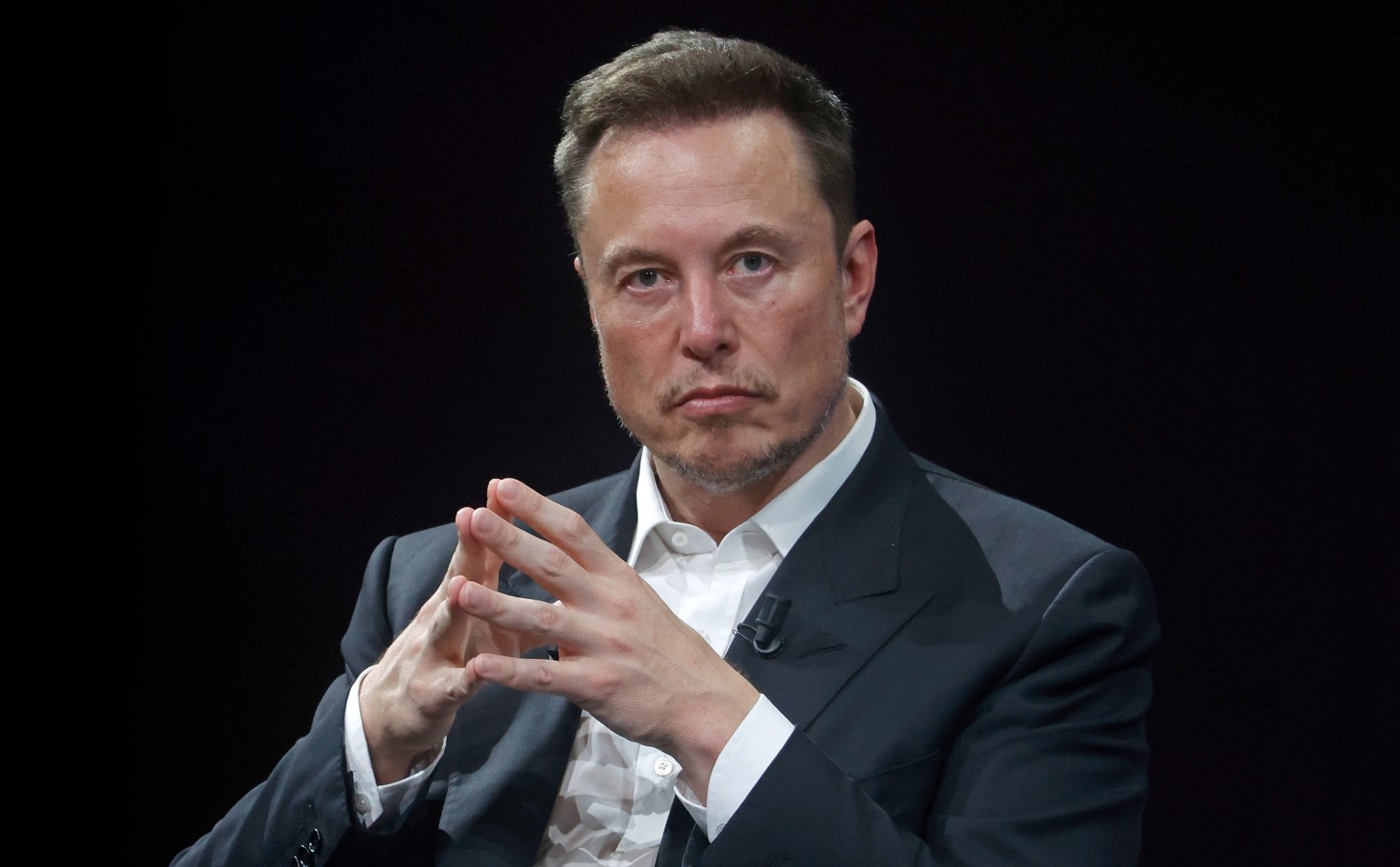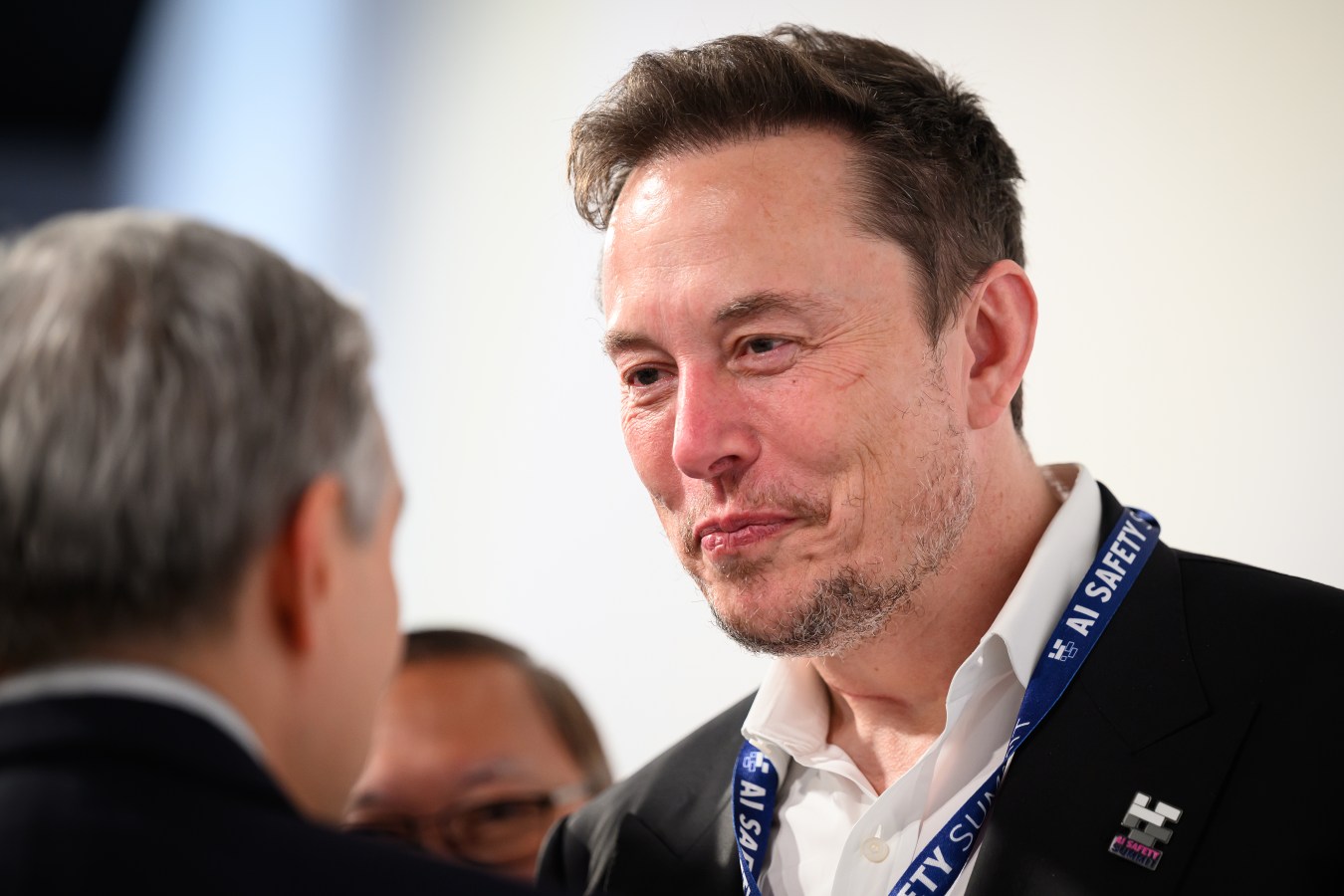Australian brain-computer interface start-up Synchron has hit another target ahead of its Elon-Musk-led rival with a successful trial in six American patients – one of whom had his brain hooked up to Alexa.
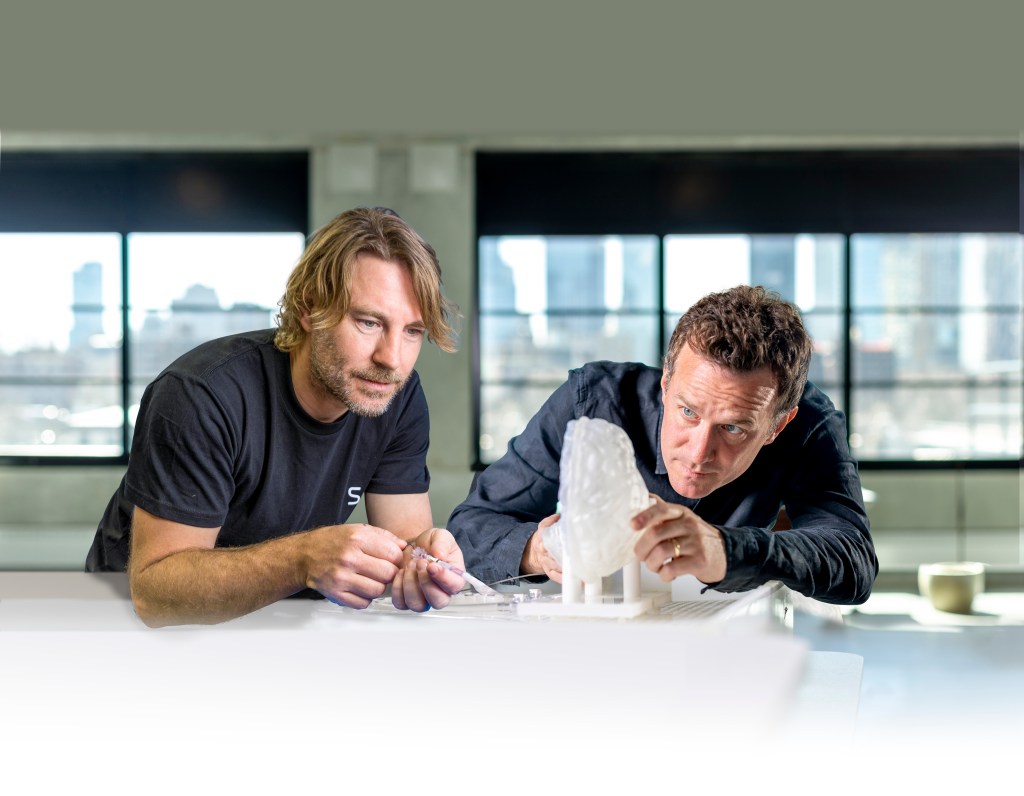
Key Takeaways
- Brain signals corresponding to the person’s “motor intent” were reliably captured and converted into digital outputs over the course of the 12-month study, according to the COMMAND study authors.
- No serious adverse events related to the Stentrode device were reported among six patients
- The study results were presented Tuesday morning [AEST] at the 2024 Congress of Neurological Surgeons in Houston, Texas, by Dr. Elad Levy, the co-principal investigator of the study and chair of neurosurgery at the University at Buffalo.
- Synchron has now inserted its device in four Australians since 2019 and six Americans since 2022. They all suffer from diseases that affect their ability to move their hands to use a computer.
- Elon Musk’s Neuralink has inserted its device in just two such people starting in early 2024.
- Neuralink last week received FDA breakthrough device designation for another device – Blindsight – to be implanted into the visual cortex of the blind, aiming to restore their vision. Neuralink has not said when the first patient will receive it.
Crucial Quote
“The COMMAND study results represent a major medical milestone, confirming the safety of the Stentrode BCI with no serious adverse events reported during the 12-month study period,” said Dr. Levy. “This minimally-invasive approach has the potential to unlock BCI technology at scale for the millions of patients with paralysis and other mobility challenges.”
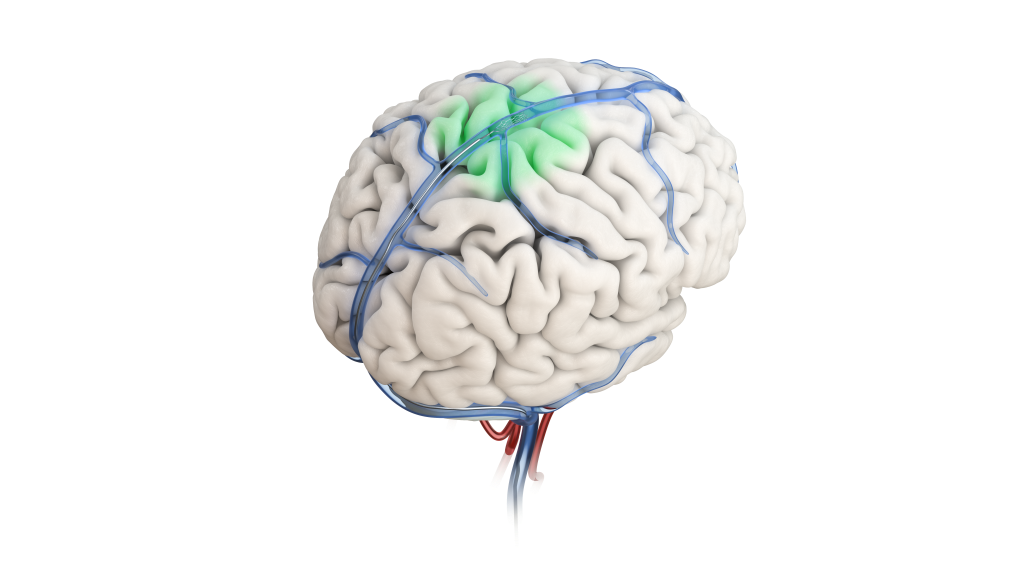
Key Background
Synchron announced in June that it had hooked patients up to AI. In August it announced a patient had been able to use Apple’s Vision Pro vitual reality headset, controlling it with only his thoughts, and earlier this month announced that it had connected a patient’s brain to Amazon’s digital assistant “Alexa”. That patient, “Mark”, a 64-year old man with amyotrophic lateral sclerosis (ALS), was also a participant in the COMMAND study. He was able to use Alexa through his smart phone and tablet to turn lights off and on, make video calls, play music and watch television without the use of his hands or voice controls.
Synchron was founded by Australians Tom Oxley and Nick Opie in Melbourne in 2011, but is now headquartered in Brooklyn, New York.
It has raised US$145 million, with an investor roster that includes Khosla Ventures’ Vinod Khosla, Amazon’s Geoff Bezos and Microsoft’s Bill Gates.
The COMMAND study reported that patients had no serious adverse events related to the implant, and it didn’t harm their brains or veins over the 12-month study period.
The study also demonstrated that brain signals related to “motor intent” can be consistently captured and transformed into digital outputs, allowing participants to successfully perform a range of digital tasks. In 100% of cases, the Stentrode device was accurately deployed, achieving target motor cortex coverage in the brain for all six patients. The median deployment time was 20 minutes.
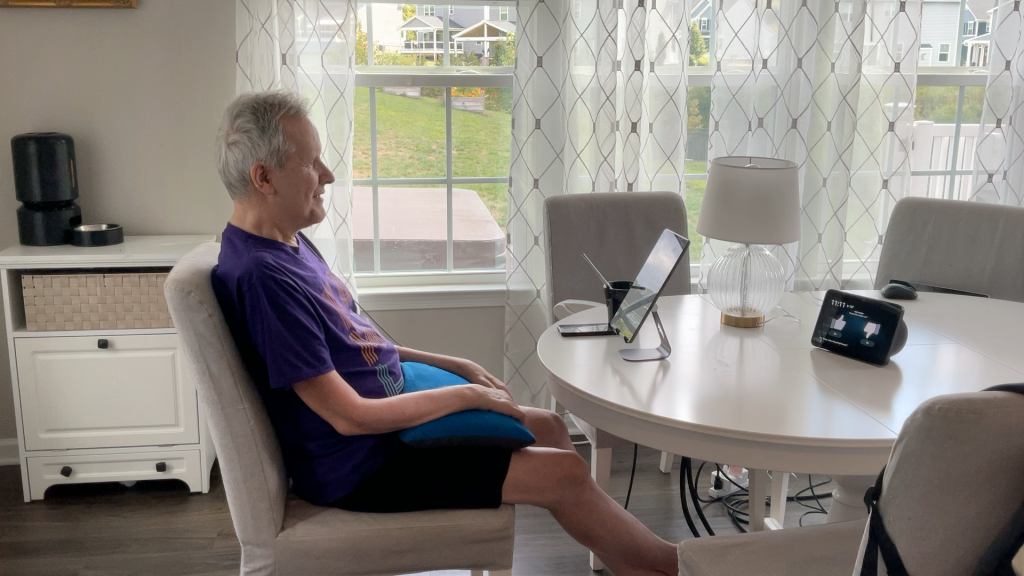
“The users were able to generate digital motor outputs with the BCI. These are simple, thought-derived expressions of intent, converted into digital actions on computers,” said Synchron co-founder Tom Oxley. “Making the digital motor outputs easy to use, stable over time and generalisable across technology platforms, will unlock layers of independence and autonomy for patients.”
The data from Synchron’s successful pilot study proving safety and efficacy will be used to support an application to the US Food and Drug Administration to start a larger “pivotal trial”, needed before such a product could be approved for sale.
Big Number
5 million. That’s how many people worldwide who are estimated to be unable to use their hands and so would qualify for a device like the Stentrode or Neuralink in their earliest incarnations.
Grandview Research project the global BCI market will reach US$6.2 billion by 2030, growing at a CAGR of 17.8% from 2024 to 2030[1].
Tangent
The world’s richest man, Elon Musk, has, from the beginning, been open about his long-term goal of using a brain-computer interface to extend the performance of healthy humans beyond current limits, so-called Transhumanism.
